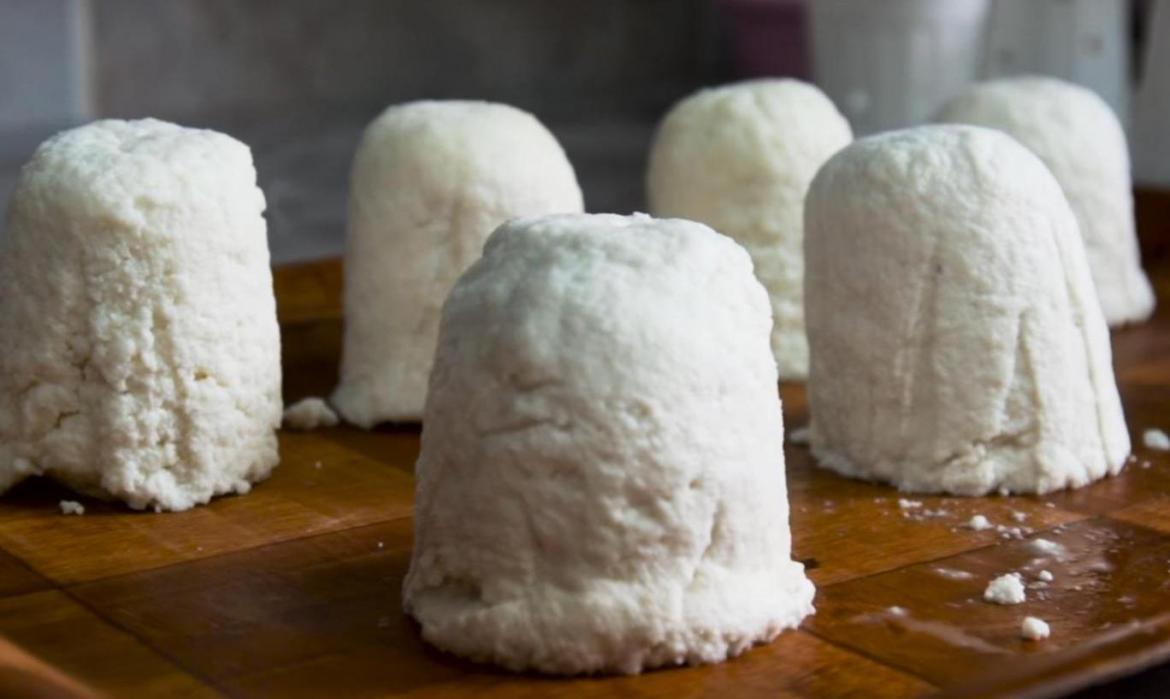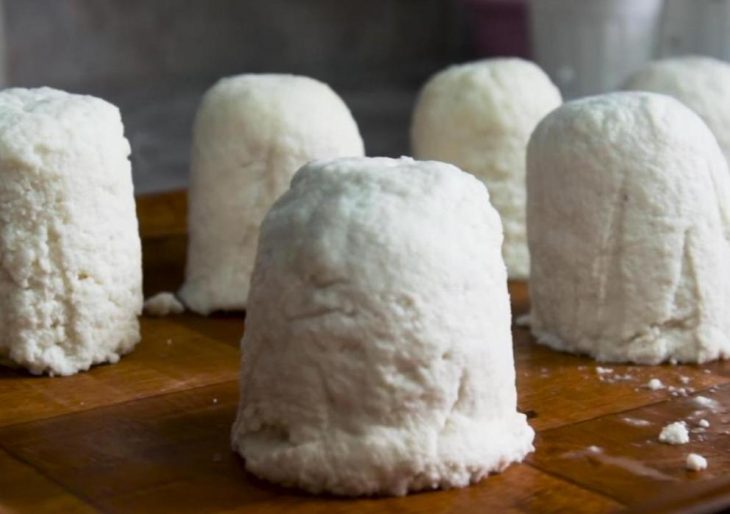Before the inevitable dinner-table jokes and puns begin to fly, we should mention that educated palates find it delicious, and that it’s supposedly jam-packed with health benefits.
It’s called pule cheese—not mule cheese, just to be clear; mule cheese originated in depression-era Oklahoma, and never made much of an impression on the gourmet collective consciousness…even during the depression. Pule cheese is sometimes referred to as Serbian pule cheese, but that’s redundant, because it’s made nowhere else in the world. It’s a smoked cheese contrived from the milk of the endangered Balkan donkey.
A careful viewing of Monty Python’s ‘Cheese Shop’ sketch reveals that no, it is not among the 44 cheeses vainly requested by Cleese of Palin in the cheese-free curd purveyor’s establishment. Venezuelan beaver cheese is requested by Cleese of Palin, but, like Oklahoman mule cheese, it doesn’t exist. Or perhaps it does, but is enjoyed only by a very limited number of tough-tongued provincial fanatics who have never been able to convert their friends and family members to the taste.
Pule cheese, on the other hand, is authentic, and pleasantly salty and intense on the palate. It’s extremely high in protein and omega-3 acids, low in fat, and boasts 60 times the vitamin C of cow’s milk. It is produced, specifically, in Zasavica, a spectacular nature reserve and wetland in the west-central Serbian region of Macva. There are currently only about 300 Balkan donkeys on rotation for milking, and only around 20 are milk-producing at any one time. The revenue from sales is used to fund Zasavica’s conservational work, so indulging in Pule is not only an esoteric delight of culinary exotica, it’s also ecologically relevant.
Only 200 pounds of the crumbly curd are produced annually, making the acquisition of it serious business for more dedicated gourmets and turophiles, or those interested in whey out hors d’oeuvres. Pule cheese runs about $500 dollars a pound, beating out Swedish moose cheese, which runs about $450. Italian Podolica, from the milk of the rare, berry-fed high-pasture Podolica cow, is the only cheese that commands a higher price, registering at around $650/lb.
Serbian tennis Champion Novak Djokovic has been known to buy the entire annual production of donkey cheese.












